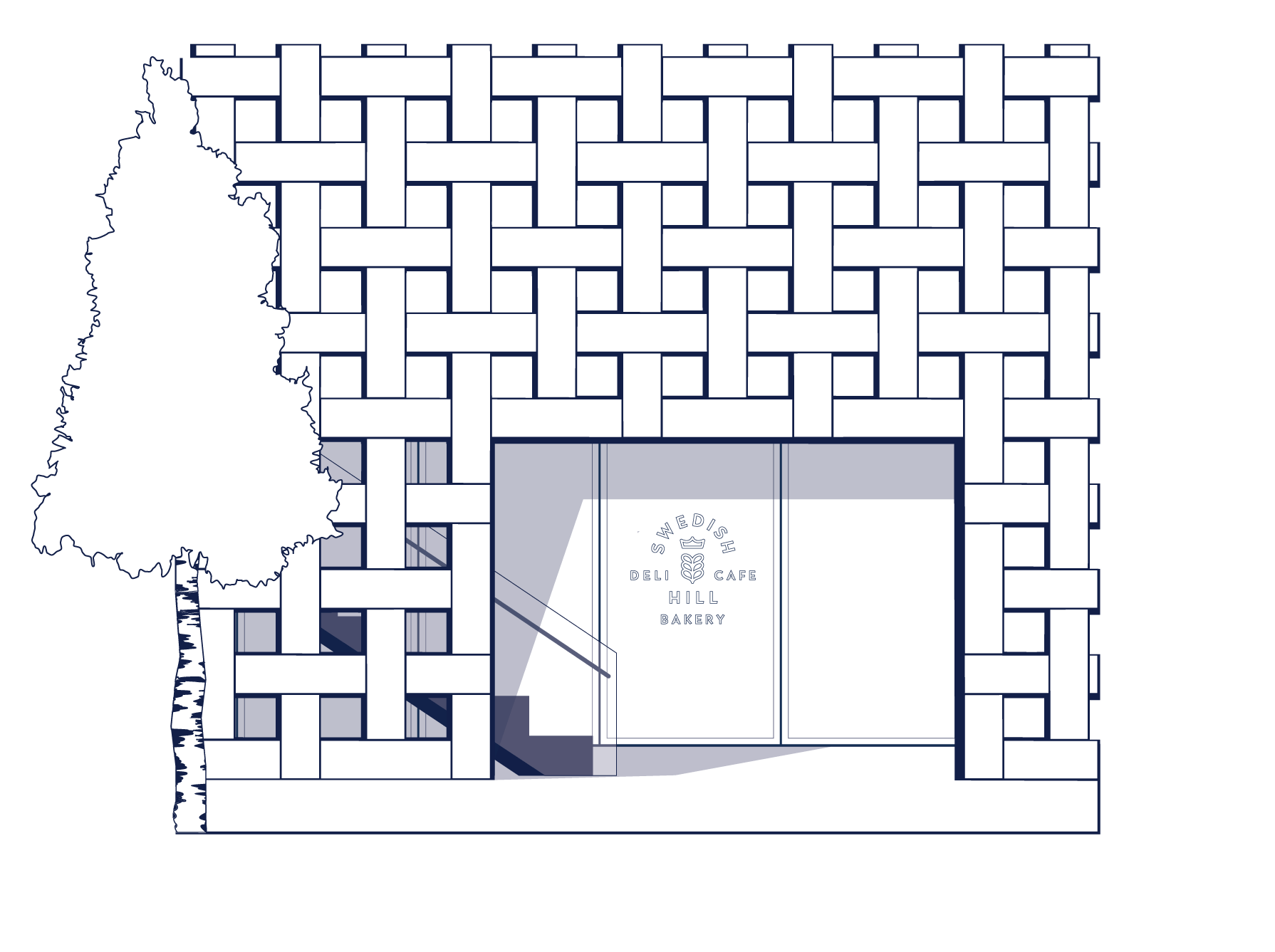Aspen Art Museum
Current Exhibitions
- Categories
- All events
- Talks and Lectures
- Member Events

- For more information on how you can join the AAM, please visit the Street Level Visitor Information Desk, inquire in the Shop, or call 970.925.8050.

- Swedish Hill Aspen is open on our Rooftop from 8AM–3PM

- Aspen Art Museum is an artist-founded institution dedicated to supporting artists in the development of bold ideas to shape our museum and the field of art today.
Jeffrey Gibson
Past Events
Jeffrey Gibson (b. 1972, USA) combines Native American traditions with the visual languages of Modernism to explore the contemporary confluence of personal identity, culture, history, and international social narratives. Gibson isa member of the Choctaw and Cherokee nations. He currently lives and works in Hudson, New York.
Growing up, Gibson traveled extensively with his family, living for long periods of time in Germany, Korea, and the United States. While moving from place to place, he found solace and friendship in the music scene, at various times exploring the sounds and social traditions of the punk and rave music of his generation, and the Pow-Wow traditions of his Native heritage. These influences helped him to contextualize the power of costumes as objects that can transform the wearer and helped him understand the contemporary desire to be able to take agency over our own identities.
Gibson’s multicultural perspective also informed his study of art history, and helped him to develop his personal style. That style has manifested across several dynamic and diverse bodies of work, in which traditional Native materials like animal hides, beads, and tipi poles intermingle with modern mediums like spray paint, acrylics, ceramic, and tape. One of his most recognized series involves punching bags that Gibson deftly transforms into aesthetic totems.
Another of Gibson’s long running series involves an examination of ceremonial garments. Several of these works were exhibited in a special installation at the entrance to the 2018 New York Armory Show, as well as in the entrance to the 2019 Whitney Biennial. The garments express a range of perspectives and influences, and seem to anticipate inhabitation, like symbols of history and culture that possess both personal and wider social meaning.
Gibson’s work is included in the collections of the Smithsonian Institution, the Whitney Museum of American Art, the San Francisco Museum of Modern Art, the Denver Art Museum, the Museum of Fine Arts Boston, the EiteljorgMuseum, and the Nerman Museum of Contemporary Art, among others.
Growing up, Gibson traveled extensively with his family, living for long periods of time in Germany, Korea, and the United States. While moving from place to place, he found solace and friendship in the music scene, at various times exploring the sounds and social traditions of the punk and rave music of his generation, and the Pow-Wow traditions of his Native heritage. These influences helped him to contextualize the power of costumes as objects that can transform the wearer and helped him understand the contemporary desire to be able to take agency over our own identities.
Gibson’s multicultural perspective also informed his study of art history, and helped him to develop his personal style. That style has manifested across several dynamic and diverse bodies of work, in which traditional Native materials like animal hides, beads, and tipi poles intermingle with modern mediums like spray paint, acrylics, ceramic, and tape. One of his most recognized series involves punching bags that Gibson deftly transforms into aesthetic totems.
Another of Gibson’s long running series involves an examination of ceremonial garments. Several of these works were exhibited in a special installation at the entrance to the 2018 New York Armory Show, as well as in the entrance to the 2019 Whitney Biennial. The garments express a range of perspectives and influences, and seem to anticipate inhabitation, like symbols of history and culture that possess both personal and wider social meaning.
Gibson’s work is included in the collections of the Smithsonian Institution, the Whitney Museum of American Art, the San Francisco Museum of Modern Art, the Denver Art Museum, the Museum of Fine Arts Boston, the EiteljorgMuseum, and the Nerman Museum of Contemporary Art, among others.
Related Exhibitions
Museum admission is
free courtesy
Amy & John Phelan
free courtesy
Amy & John Phelan
- Aspen Art Museum
- 637 East Hyman Avenue
- Aspen, Colorado 81611
- t: 970.925.8050
- f: 970.925.8054
- info@aspenartmuseum.org
Admission to the AAM is free courtesy of Amy and John Phelan
The AAM’s exhibitions and programming are FREE and accessible thanks to our members! Become a member today!
| Hours |
|
Tuesday–Sunday, 10 AM–6 PM
Closed Mondays
|
© 2024 Aspen Art Museum
General operating support is provided by Colorado Creative Industries. CCI and its activities are made possible through an annual appropriation from the Colorado General Assembly and federal funds from the National Endowment for the Arts.



General operating support is provided by Colorado Creative Industries. CCI and its activities are made possible through an annual appropriation from the Colorado General Assembly and federal funds from the National Endowment for the Arts.















